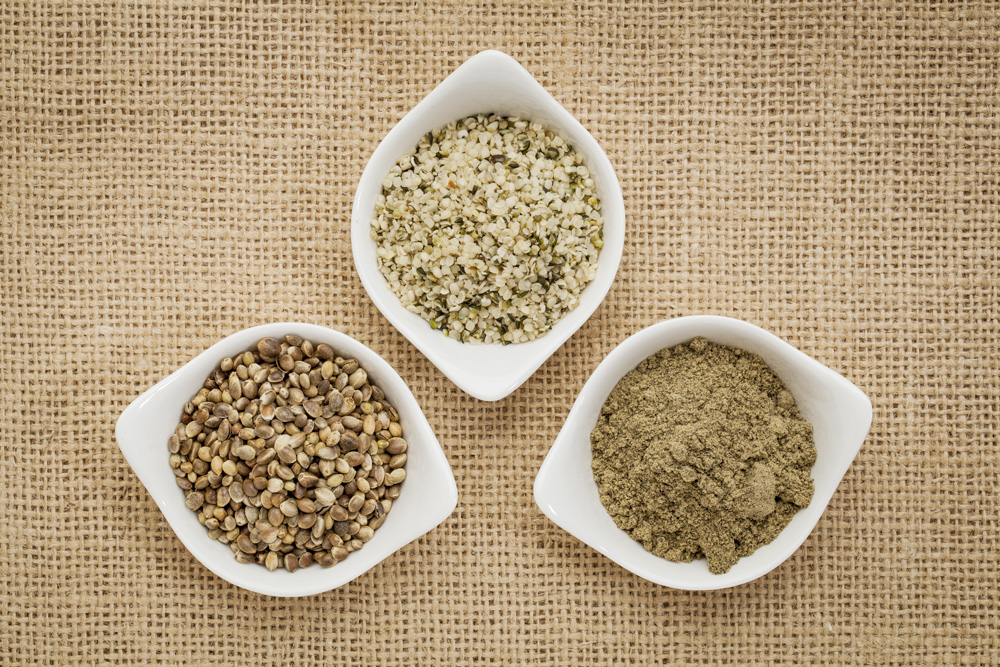The Manitoba Advantage in Hemp Protein
In Manitoba, hemp is mainly grown in the south-central and northwestern regions, close to processing plants. The northern prairies in Manitoba offer favourable environmental conditions for hemp cultivation.

Manitoba's Hemp Protein Industry
- Manitoba had 10,500 seeded acres and 10,400 of hemp in 2021 and 2022 respectively.
- Manitoba accounted for 14 per cent of Canada's hemp production in 2021 by producing 4,690 metric tonnes of hemp, making it the third-largest producer of hemp in Canada after Alberta and Saskatchewan.
- In 2021, the average yield for hemp was 863 pounds per acre.
- From hemp fibre to seeds, the entire hemp crop is harvested, making it one of the most commercially used crop.
- Manitoba producers generated $61.5 million in 2021 and $29 million as of May 2022 by exporting raw hemp fibre and hemp seeds. The quantity exported in 2021 and 2022 (as of May) is 3.9 million kilograms and 1.6 million kilograms, respectively.
- Parkland Industrial Growers Cooperative Ltd., formed in 1999, provides a platform for producers to network and share information on hemp agronomy, breeding, handling, equipment and markets. It has developed and registered ten varieties of seed and fibre production.
Learn more about hemp production in Manitoba here.
Producers:
Industry Association:
Market and Consumer Trends
The protein content of hemp seed is around 25 per cent. Demand for hemp protein is driven by consumers looking to add more plant-based foods to their diets.
There are opportunities to develop specialized hemp protein ingredients with improved functionality. Currently, some companies produce hemp protein concentrates. Hemp protein is a sought-after product because of its digestibility, assimilation and nutrient density.
Contact
For more information about Manitoba's hemp sector or to view this information in an altermate format, email us at: mbproteinadvantage@gov.mb.ca

